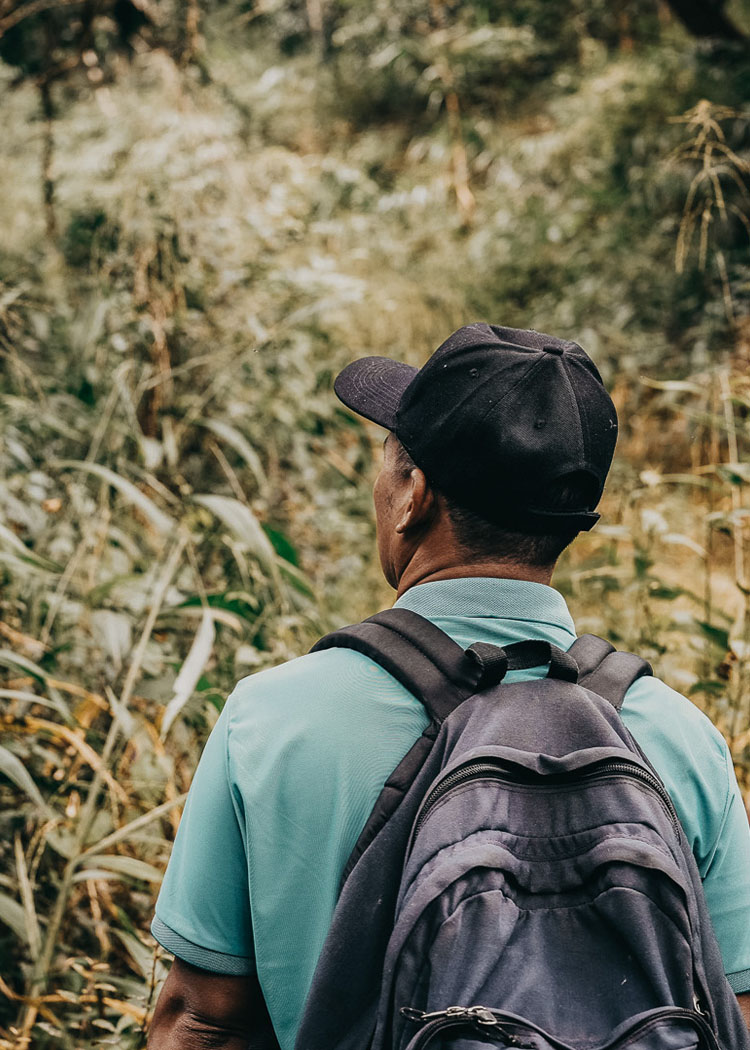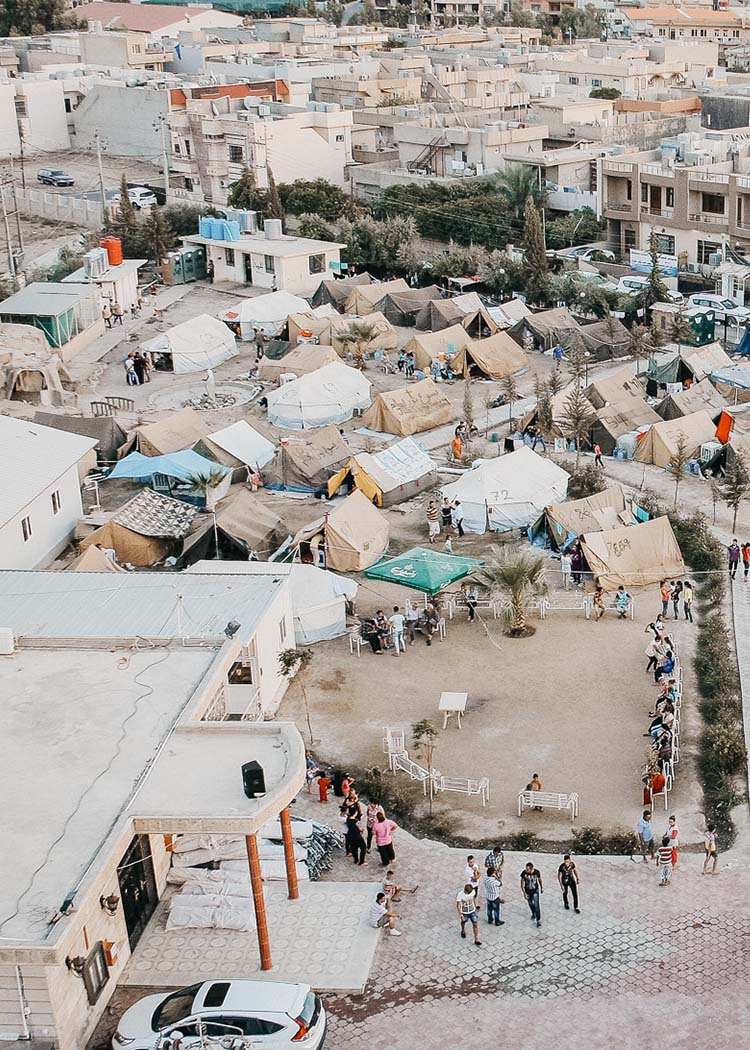A recent string of gun attacks in Benue State by Fulani extremists left more than 40 dead in Gwer West, part of Makurdi Diocese. It is the same diocese recently described by Bishop Wilfred Anagbe on 12 March in his address to the US Congress regarding the ongoing persecution of Christians in Nigeria.
In a 2 a.m. assault on Saturday, 24 May, an armed motorcycle convoy stormed homes in Taraba State. It is believed 42 were killed. Details are still emerging of Fulani militant killings in Bokkos County, south of Jos.
In all, over 5,000 people are believed to have been forced to flee their homes..
Bishop Wilfred’s Home Village: Benue
“This is horror, this is terror,” Fr. Oliver Ortese of Makurdi Diocese, Benue, shares. “You cannot imagine the reality we live in here.”
The coordinated series of shootings began on Saturday, 24 May, killing 10 civilians. A local priest, Fr. Solomon Atongo, returning from a memorial service for two previously murdered priests, was shot in the leg. He survived; his two companions were abducted. Around the same time, a local farmer was shot and killed on his farm. On Sunday, 20 were killed in shootings in a further attack on Yelewata village.
The extremist assault continued into Monday, 26 May, as gunmen returned and shot survivors on sight. By Tuesday, the local government chairman confirmed over 40 dead. Searches for lost family members continued into Wednesday, 28 May.
The villages nestle within the Makurdi Diocese, the diocese of Bishop Wilfred Anagbe, whose testimony in the U.S. Congress recently put global attention onto Nigeria. He shares, “To stay silent is to die twice.” Aondona village is the Bishop’s boyhood home.
Bishop Wilfred’s clear testimony “drew threats from both some Islamic groups and the government,” according to Fr. Moses Aondover Iorapuu of Makurdi Diocese. “It took support from the U.S. government for Bishop Anagbe to return to Nigeria without detention, but we suspected there would be an aftermath,” Fr. Moses added.
Open Doors reported the threats to Bishop Wilfred’s for his personal safety. These attacks on his diocese have left Christians around the world in shock.
‘Jumped out of their homes, into the bush’
Nearly 400 kilometres away, in Taraba State, in the early hours of Saturday morning, residents of the ‘Munga villages’ awoke to the roar of motorbikes and gunfire. Armed extremists opened fire as families attempted to flee in the night.
“We didn’t know where to run to,” shares Soja Emmanuel, a survivor. “They came around 2 a.m., shooting sporadically. People jumped out of their homes into the bush. Some didn’t make it.”
“Scores of people” were confirmed killed by Governor Agbu Kefas’ office. Bishop Ande Emanuel, of United Methodist Church, stated 24 members of the United Methodist congregation were amongst the dead.
“We counted 42 corpses before noon on Saturday. This is beyond anything we’ve seen before,” a solider involved in rescue work told national newspapers. The exact death toll in Taraba remains uncertain.
Extremists Return to Kill Mourners
Further reports of violence in Bokkos County, Plateau State, began surfacing on Wednesday, 28 May. It’s understood dozens of Christians are trapped in forests and mountain hideouts, unable to escape as armed Fulani units roam between villages south of Jos, shooting civilians.
At the time of writing, terror alerts are in force across Plateau State. It is not clear whether security agencies have quelled the violence.
Security Questions
The scale of bloodshed, and the multiple failures of security enabling extremists to roam for days, are fuelling mounting criticism of state governors who appear powerless to protect communities. Thousands of families are still seeking to return home; many are expected to find they have nothing left.
“Christian persecution in Nigeria has reached such levels that observers struggle to fully document each atrocity before the next begins,” notes John Samuel, Open Doors legal expert for Sub-Saharan Africa.
“When the very diocese whose Bishop courageously testified suddenly finds itself burying scores of its people, including from his own village, serious questions are raised. Many don’t feel safe anymore only because they identify as Christian.
“Accountability remains scarce for these grave violations of the fundamental rights to life, liberty, and freedom. The Nigerian government is failing to protect Christians who are killed in indiscriminate attacks. We call on the Nigerian government to do everything in its power to protect vulnerable Christian communities.
“We call on believers worldwide to lift up in urgent prayer those struck down in this unimaginable suffering.”
Pray for Nigeria
- Pray for the violence and conflict to end.
- Ask God to protect Nigerian Christians and bring them to safety.
- Pray for the Nigerian government to protect Christians and vulnerable Christian communities from constant, indiscriminate attacks.
Stay updated with the latest prayer requests from the persecuted church.


